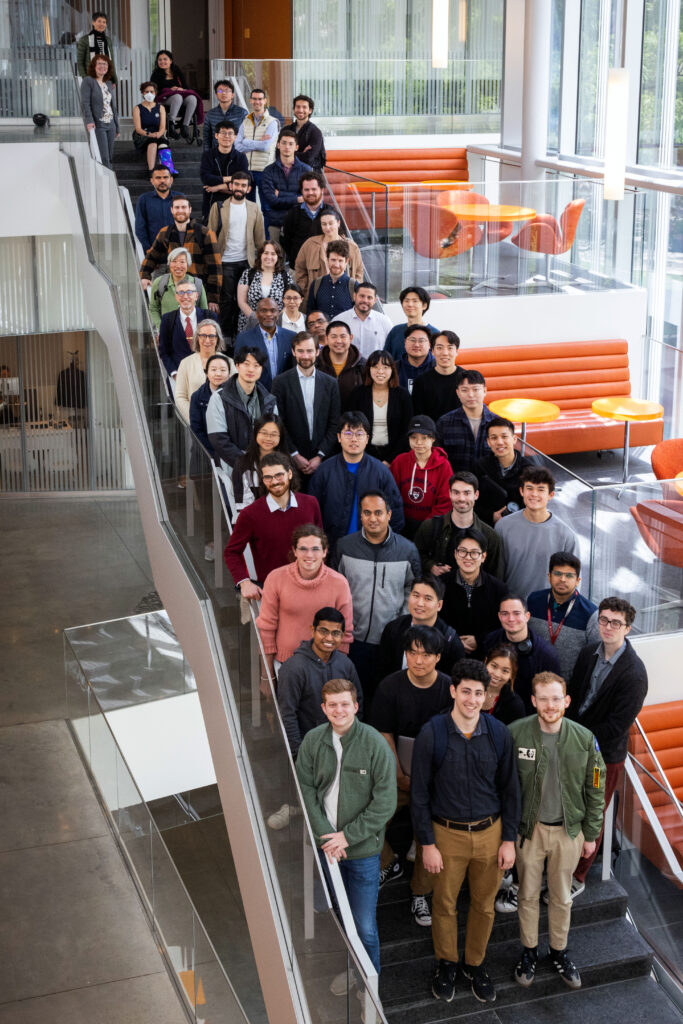Soft AE - Exploring Research and Educational Intersections of
SOFT MATERIALS, AUTONOMOUS
EXPERIMENTATION & SCIENCE POLICY
Thursday, May 4, 2023
10:00 AM - 3:15 PM
Glandt Forum
Singh Center for Nanotechnology
3205 Walnut Street, Philadelphia PA
Opening Remarks [recording]
Beth A. Winkelstein, PhD
Deputy Provost, University of Pennsylvania
10:00 am
Opening Remarks
Beth A. Winkelstein, PhD
Deputy Provost, University of Pennsylvania
10:15 am
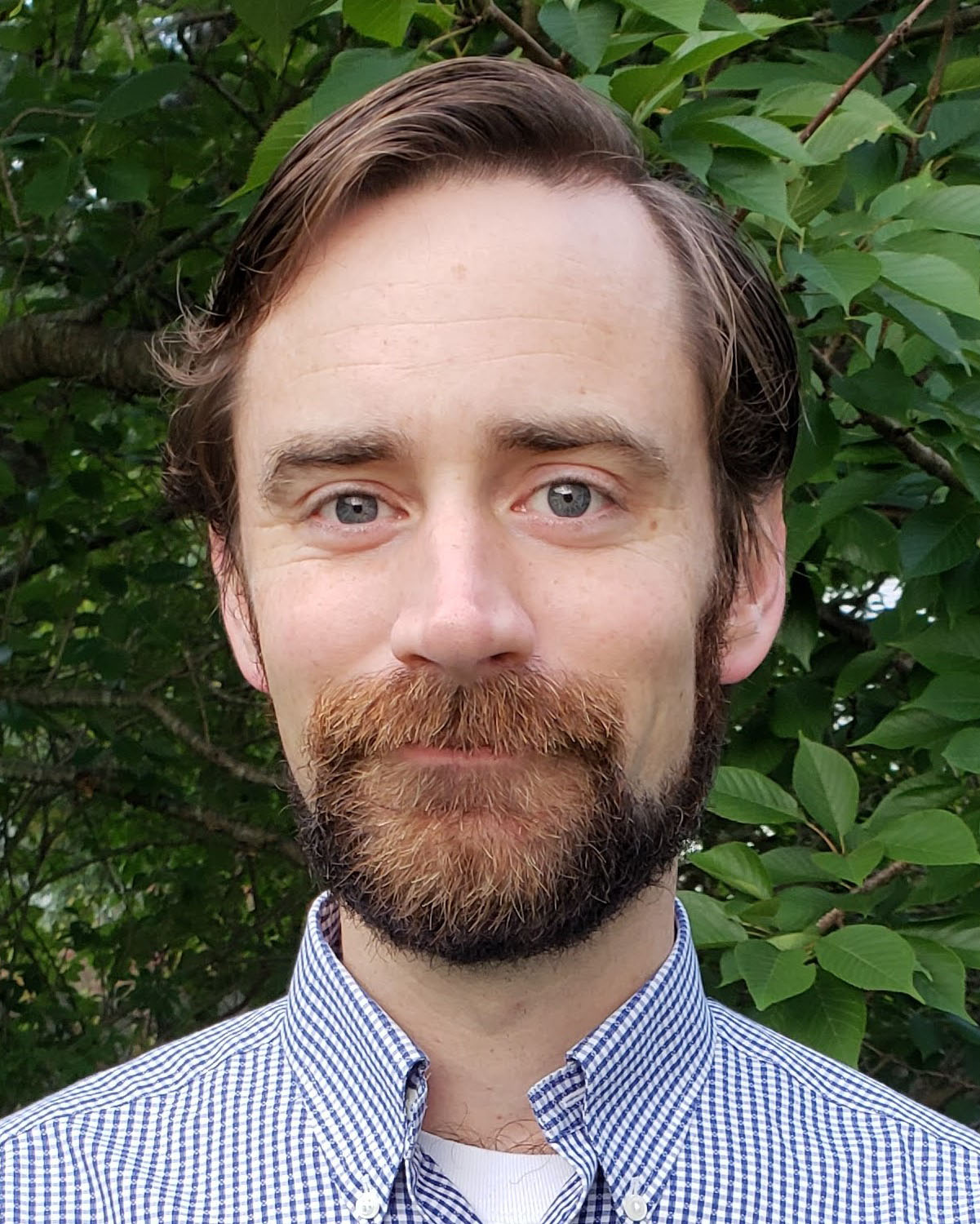
Unraveling Hierarchical Soft Matter using Self-Driving Labs [recording]
Keith Brown, PhD, Boston University
The development of advanced materials is slowed by the vast space of possible formulations and processing conditions that must be experimentally navigated. Our work focuses on the exploration of polymers using self-driving labs, or the combination of automation to perform experiments without human intervention and machine learning to select experiments to progress toward a user-defined goal. In this talk, we overview our progress in the areas of discovering architected materials for mechanical performance and identifying functional polymers using ultra-miniaturized formats.
Keith A. Brown is an Associate Professor of Mechanical Engineering, Materials Science & Engineering, and Physics at Boston University. He earned an S.B. in Physics from MIT, a Ph.D. in Applied Physics at Harvard University with Robert M. Westervelt, and was an International Institute for Nanotechnology postdoctoral fellow with Chad A. Mirkin at Northwestern University. The KABlab studies approaches to accelerate the development of advanced materials and structures with a focus on polymers. The group employs self-driving labs, miniaturization of experiments using scanning probe techniques, novel platforms for parallel materials development, and machine learning to achieve these goals. Keith has co-authored over 90 peer-reviewed publications, six issued patents, and his work has been recognized through awards including the Frontiers of Materials Award from The Minerals, Metals, & Materials Society (TMS), being recognized as a “Future Star of the AVS,” the Omar Farha Award for Research Leadership from Northwestern University, and the AVS Nanometer-Scale Science and Technology Division Postdoctoral Award. Keith served on the Nano Letters Early Career Advisory Board and currently leads the MRS Artificial Intelligence in Materials Development Staging Task Force.
11:00 am
Shorts: Talks from Trainees
Felipe Rodrigues Martins [recording]
Aria Zhang [recording]
Kaitlin Wang [recording]
11:12 am
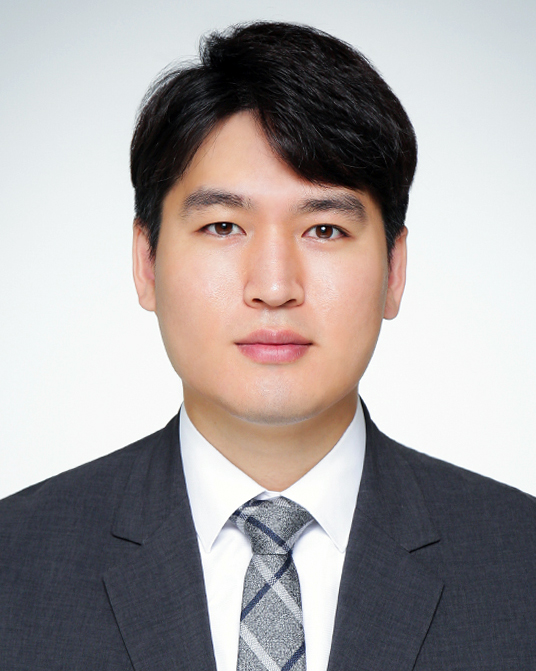
Accelerating Electrospray Deposition Film Discovery through Bayesian Optimization [recording]
Minki Lee, PhD, University of Pennsylvania
Experiments are often tedious, time-consuming, and resource demanding. To address this problem, humans and robots have begun to collaborate to advance science and technology at a much faster pace than what humans can achieve today. This is done through the development and utilization of closed-loop, autonomous experimentation (AE) systems. AE systems comprise an iterative research loop that is carried out autonomously to achieve a research objective without human intervention. A key component of the AE process is the efficient interplay between decision-making and automated platforms in a closed-loop process. Bayesian optimization (BOA) is used as a decision-making method to direct the search of a global optimization problem by selecting the next possible point in the parameter space. The basic concepts of AE and its application in scientific areas will be covered.
Minki Lee is a Postdoctoral associate in Chemical and Biomolecular Engineering at the University of Pennsylvania since September 2022. He obtained his PhD and Master degree in Mechanical Engineering from Sungkyunkwan University (2021) and has previous postdoctoral experience in biomedical research at the Korea Institute of Science and Technology (2021-2022) and mechanical engineering at Sungkyunkwan University (2021).
11:30 am
Group Photo and Lunch
Due to unexpected circumstances Dr. Talati's talk will need to be rescheduled for later in 2023. Afternoon talks will start with Dr. Liu's 1:30 talk.
12:45 pm
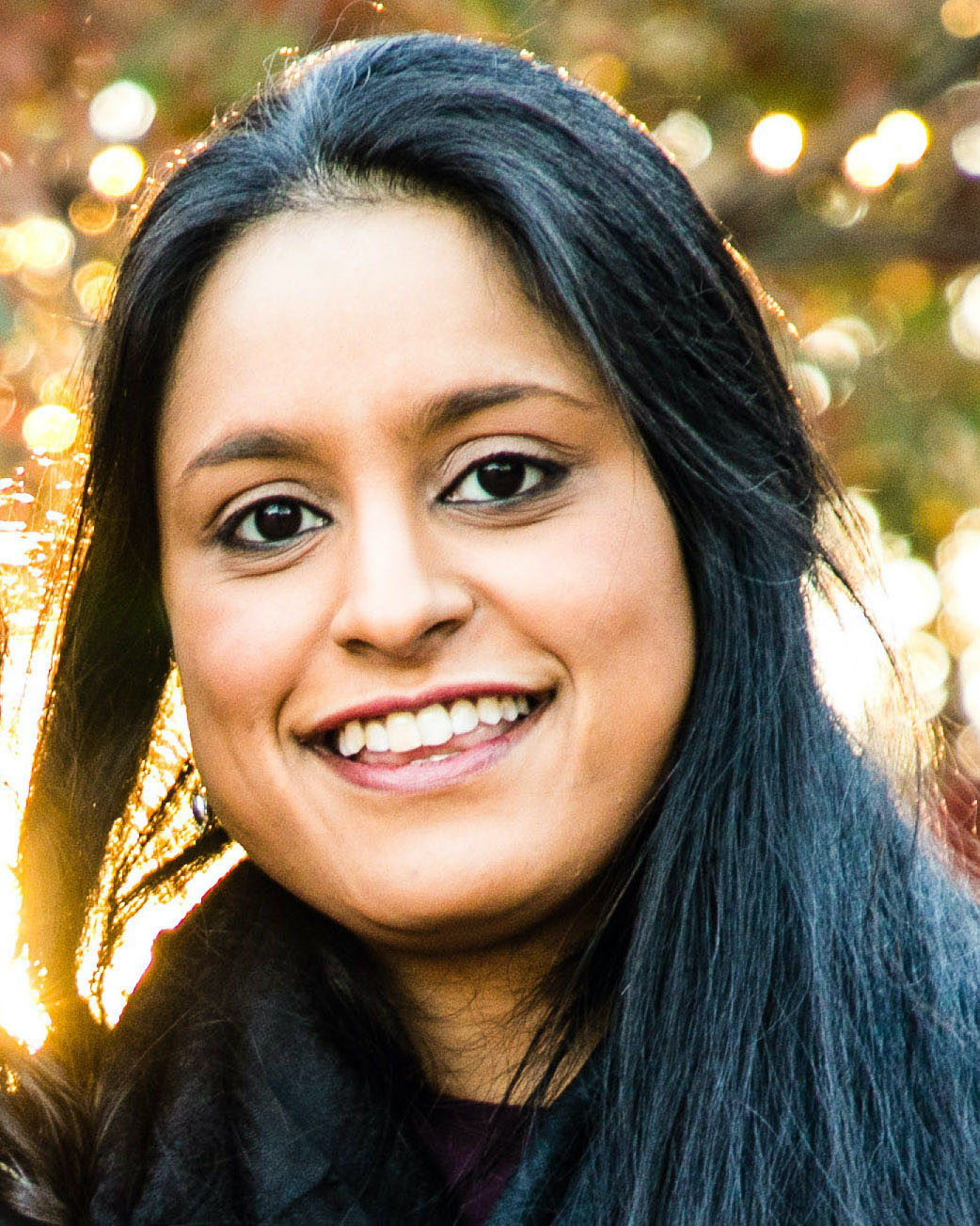
Intersection of Technology and Policy for Addressing Societal Grand Challenges
Shuchi Talati, PhD, American University
The challenges we face today are deeply transdisciplinary. We must consider history, politics, policy, and science as we attempt to think about the best ways to approach societal decisions. This talk aims to look at the vital nexus of policy and technology to think about how to build careers in this space and what resulting work can look like.
Shuchi Talati is an emerging climate technology and governance expert and is launching a new NGO focused on building just and equitable decision-making processes around research and potential deployment of solar geoengineering. She is a Visiting Scholar at the Kleinman Center for Energy Policy at the University of Pennsylvania and a Scholar in Residence at Forum for Climate Engineering at American University. She most recently served as a Presidential Appointee in the Biden-Harris Administration as Chief of Staff of the Office of Fossil Energy & Carbon Management at the U.S. Department of Energy. She has also worked on climate governance at multiple non-profit organizations and the U.S. Senate. Shuchi Talati earned a BS in environmental engineering from Northwestern University, an MA in climate and society from Columbia University, and PhD from Carnegie Mellon in engineering and public policy.
1:30 pm
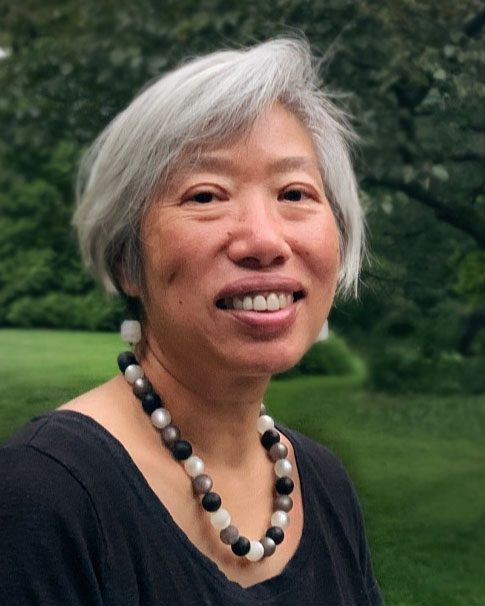
Autonomous Experimentation for Better Autonomous Learning? [recording]
Andrea Liu, PhD, University of Pennsylvania
We have developed electrical networks of variable nonlinear resistors that can adjust themselves so that the network as a whole can learn to perform desired tasks that can be framed as delivering desired voltages at desired output nodes of the network in response to source voltages applied at input nodes, such as classification and regression. This raises the question: How does the ability to perform the task emerge as a collective phenomenon in this system as it learns? We have found that persistent homology provides a simple way of understanding the emergence of learning. The next question, which remains open, is whether we can harness persistent homology to obtain better learned solutions by the circuits, using autonomous experimentation.
Andrea Liu is a theoretical soft and living matter physicist who received her A. B. and Ph.D. degrees in physics at the University of California, Berkeley, and Cornell University, respectively. She was a faculty member in the Department of Chemistry and Biochemistry at UCLA for ten years before joining the Department of Physics and Astronomy at the University of Pennsylvania in 2004, where she is the Hepburn Professor of Physics. She is a fellow of the APS, AAAS and the American Academy of Arts and Sciences, and a member of the National Academy of Sciences. Liu has served as Speaker of the Council of the American Physical Society (APS) and Chair of the Physics Section of the American Association for the Advancement of Science (AAAS) and is currently a Councilor of the US National Academy of Sciences and the AAAS.
2:15 pm
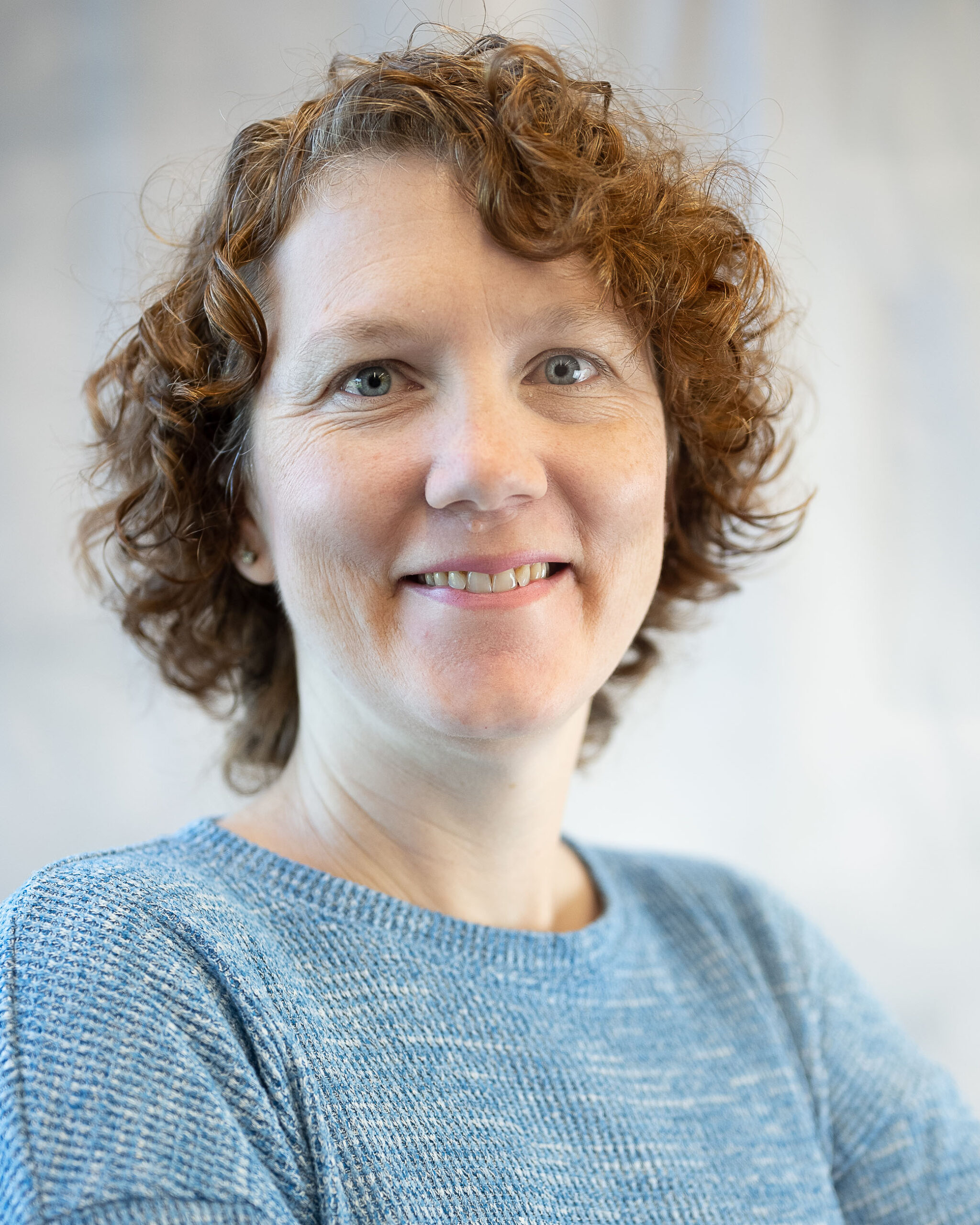
Advancing Digitalization and Automation in the Coatings Industry [not recorded]
Heather Eckenrode-Stiffler, PhD, The Dow Chemical Company
Assessing coating performance is a very visual process. The Dow Coating Materials team continues to advance ways to analyze and predict film performance. Extensive work is being done to develop both digital and automated tools.
Heather Eckenrode-Stiffler earned her PhD in Physical Chemistry from University of Pennsylvania in 2005. After completing a post-doctoral fellowship at DuPont Marshall Laboratory, she joined the Rohm and Haas Company, which became part of The Dow Chemical Company. Her work has focused on different aspects of architectural coatings including applications, polymer synthesis and product scale up. Investigation of exterior durability (specifically dirt pickup and primer properties) of architectural paints and Dow’s hiding technology platforms-- EVOQUE™ Pre-Composite Polymer and ROPAQUE™ Opaque Polymer--have been focus areas of her research. She has held various customer facing technical roles helping to take many new inventions from R&D to commercialization. Heather is currently the UPenn Team Captain for new PhD recruiting at Dow and is the Global Technical Leader of Exterior Coatings Exposure Capabilities.
3:00 pm
Closing Remarks [recording]
Boon Thau Loo, PhD
Associate Dean, Graduate Programs, Penn Engineering
Beth S. Wenger, PhD
Associate Dean, Graduate Studies, Penn Arts & Sciences
Russell Composto, PhD
NRT Soft AE Associate Director and co-PI

